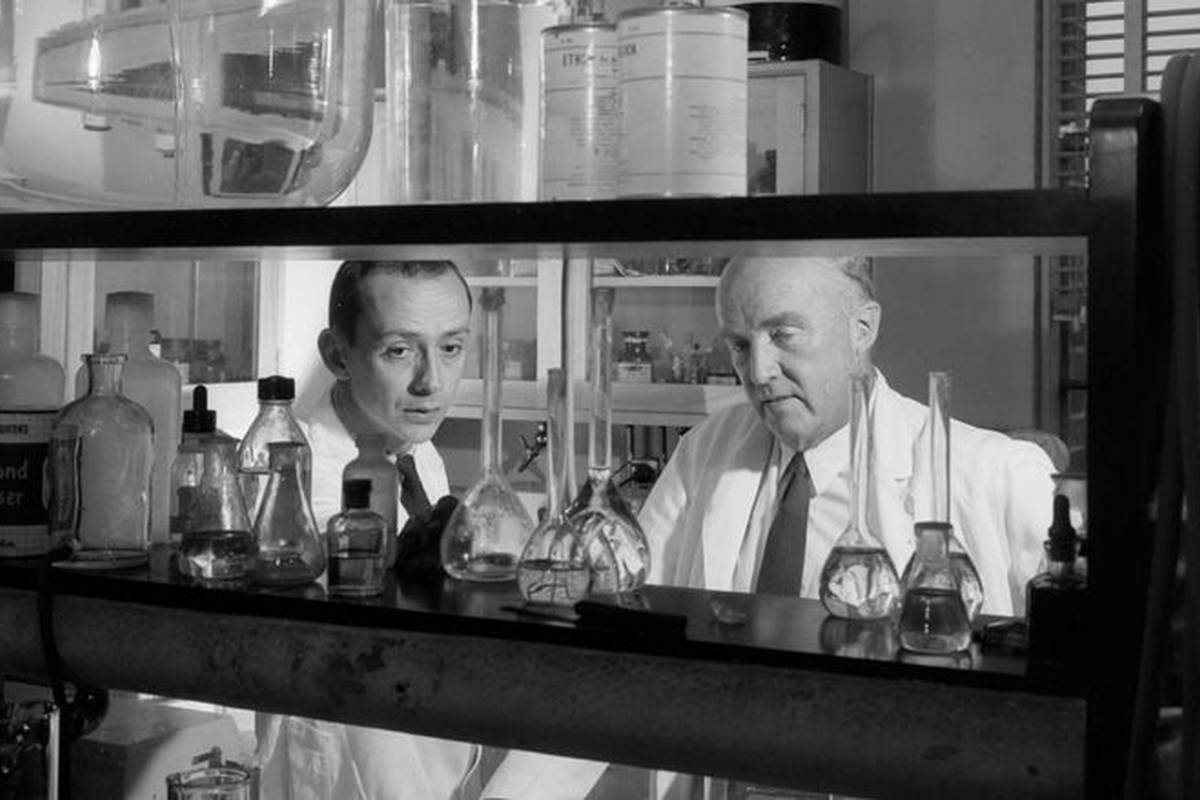Cannabis Regulations Every IMG Must Know for Medical Practice in Canada
As international medical graduates in Canada navigate the evolving landscape of medical cannabis, understanding its role in healthcare delivery has become crucial for professional success. With cannabis legalization transforming patient care protocols and Check Delta 9 gummies on budpop becoming increasingly prevalent in therapeutic contexts, physicians must master both clinical and regulatory frameworks to provide optimal care.
The intersection of medical cannabis and …









